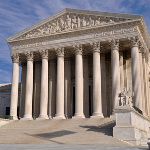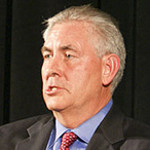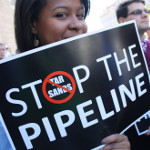Thomson Reuters Practical Law will present a complimentary webinar titled “Addressing Environmental Claims and Obligations in Chapter 11.”
The event will be Wednesday, Feb. 8, 2017, beginning at 1 p.m. Eastern time.
In a release, the company said many companies with significant environmental compliance and clean-up obligations have filed for Chapter 11 bankruptcy protection in recent years due to decreased demand for oil & gas, coal, steel, and other mined assets. The tension between environmental regulation and bankruptcy law makes environmental liability an issue that must be considered as part of any bankruptcy strategy. A Chapter 11 debtor-in-possession must comply with environmental laws and regulations during bankruptcy. Many environmental claims and obligations cannot be discharged in bankruptcy and contaminated property can be difficult to dispose of; however, a carefully constructed bankruptcy strategy can minimize the negative impact of environmental liabilities on the ongoing business and the restructuring process itself.
Practical Law and IWIRC NY will present the complimentary 75 minute webinar in which leading bankruptcy attorneys and advisors from Debevoise & Plimpton, Morrison & Foerster, Paul, Weiss, Rifkind, Wharton & Garrison, and AlixPartners will discuss strategies for addressing environmental claims and obligations in Chapter 11. During this webinar, attendees will hear insights on ways in which companies are addressing environmentally contaminated property, claims and obligations through Chapter 11 in recent and pending oil & gas, mining, and manufacturing cases, including:
-How environmental claims and obligations are treated in bankruptcy.
-The diligence that a company should perform to assess potential environmental liability and business options.
-How environmental regulators exert influence in Chapter 11 and how companies address their claims.
-Chapter 11 exit strategies for dealing with contaminated property.
A short question-and-answer session will follow.
Presenters:
Jennifer L. Marines, Partner, Morrison & Foerster LLP
Claudia R. Tobler, Counsel, Paul, Weiss, Rifkind, Wharton & Garrison LLP
Pilar Tarry, Director, AlixPartners, LLP
M. Natasha Labovitz, Partner, Debevoise & Plimpton LLP
Moderator:
Lara R. Sheikh, Senior Legal Editor, Practical Law Bankruptcy
Register for the webinar.
Join Our LinkedIn Group












